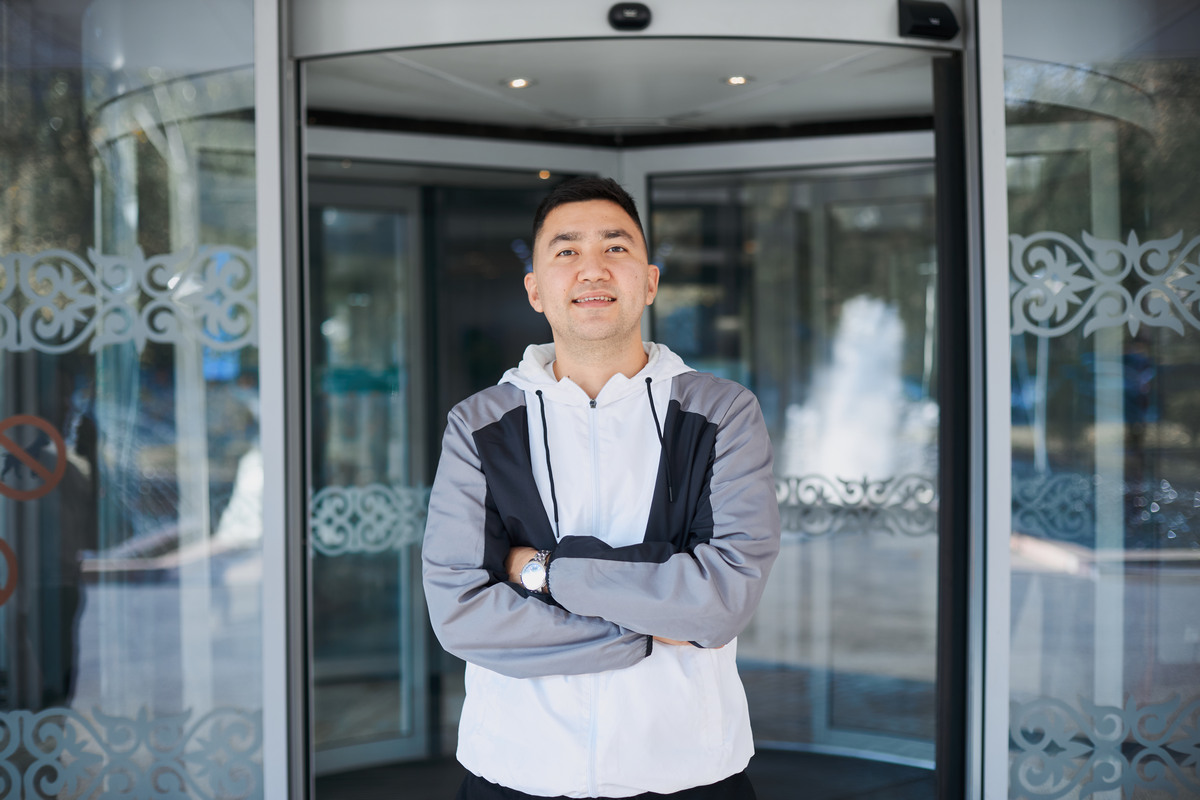Almaty entrepreneur allocates 8 million tenge from savings for apartment purchase to pursue IT startup over lucrative ventures

Ablay Yussupov embarked on his entrepreneurial journey while studying as a marketologist at Almaty Management University. Initially, he and his friends launched a vine project named Queex, creating humorous videos. Following this venture, Ablay transitioned to establishing a language center. Upon completing his university studies, he founded Upgrade School, specializing in marketing, management, and SMM studies. Over time, the school evolved into the IT startup Upgrade Business, now an online platform offering users access to over 70 educational courses across various domains. The key advantage of the service lies in its concise lessons, ranging from 5 to 10 minutes in duration.
In the interview with the collaborative initiative of Digital Business and Astana Hub, "100 Startup Stories of Kazakhstan", Ablay shared insights into his transition from traditional business to IT, his successful creation of a zero-tenge mobile application, and the rationale behind his decision to develop the project following the Netflix model.
“Creativity enables the creation of impressive things without requiring significant funds”
– Ablay, what prompted your decision to enter the business within the educational sphere?
– It's a fascinating story. Back in school, while preparing for the UNT, I couldn't find a portal that housed all the crib notes. So, I took it upon myself to create one. Using a website builder, I crafted a site, uploaded all the materials I and my classmates had, and launched it. Within the initial months, without any advertising, I amassed 20,000 users. That was the moment I recognized the appeal of digitizing the educational sphere for a wide audience.
During my university years, I temporarily set aside this initiative. My primary focus shifted towards actively engaging in marketing studies: I volunteered at the marketing department of Almaty Management University, took on part-time roles at advertising agencies, attended various conferences, and listened to expert speeches. Concurrently, I made efforts to initiate and promote projects independently. In 2014, my friends and I established Queex, producing amusing short videos that we shared online. Within a year, we garnered a subscriber base of 500 thousand.
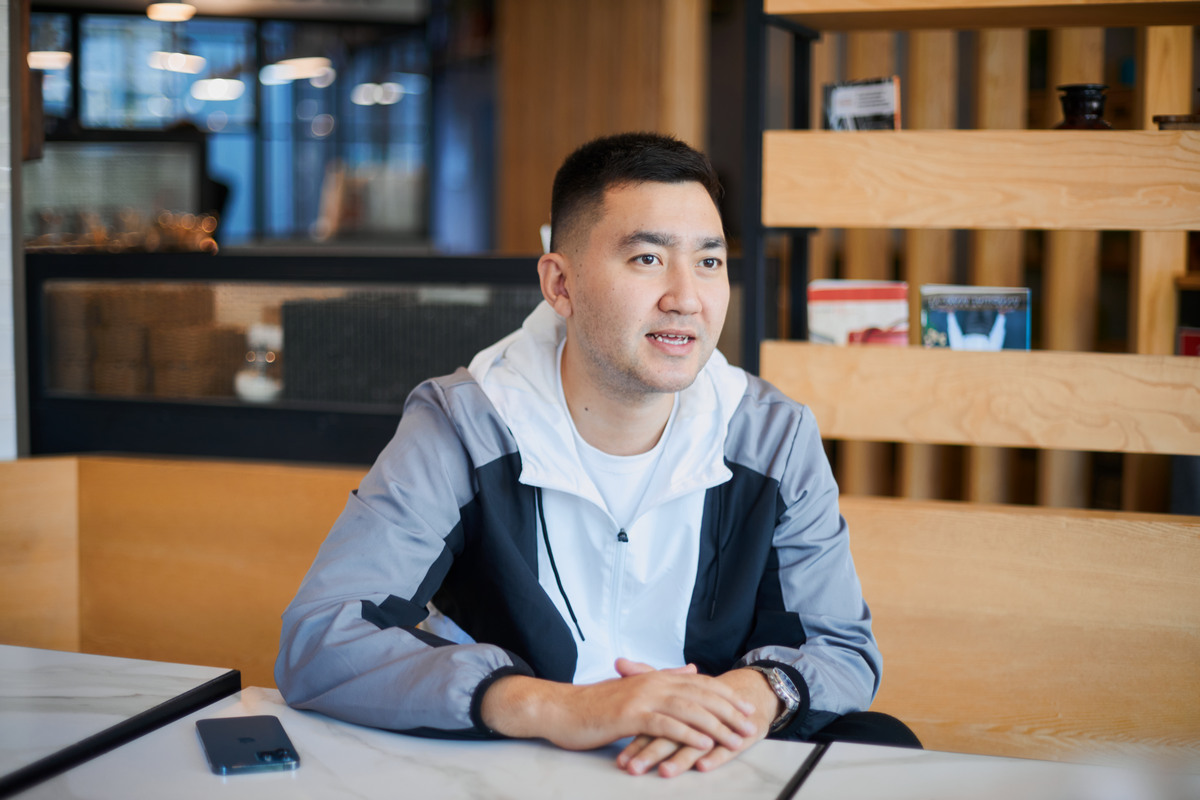
Then, I reengaged with the education sector by becoming a partner in a language center. Over the course of 9 months, we successfully elevated the revenue from a few hundred thousand tenge to nearly 10 million.
– When did the concept of Upgrade School come into existence?
– I have consistently been an active individual, engaging in numerous activities and maintaining a broad circle of communication. As my experience expanded, I found myself increasingly approached for consultations on marketing and product development. Recognizing the demand, I concluded that where there's demand, there should be an offering. Immediately after graduating from university, I established a school specializing in marketing, entrepreneurial fundamentals, and SMM studies.
– How did the recent student secure the funds to launch his own school?
– I didn't possess it. During my university years, I acquired a highly valuable skill – creativity. It enables the creation of captivating things without requiring significant funds. I only spent 50 thousand tenge – on banners and designer services.
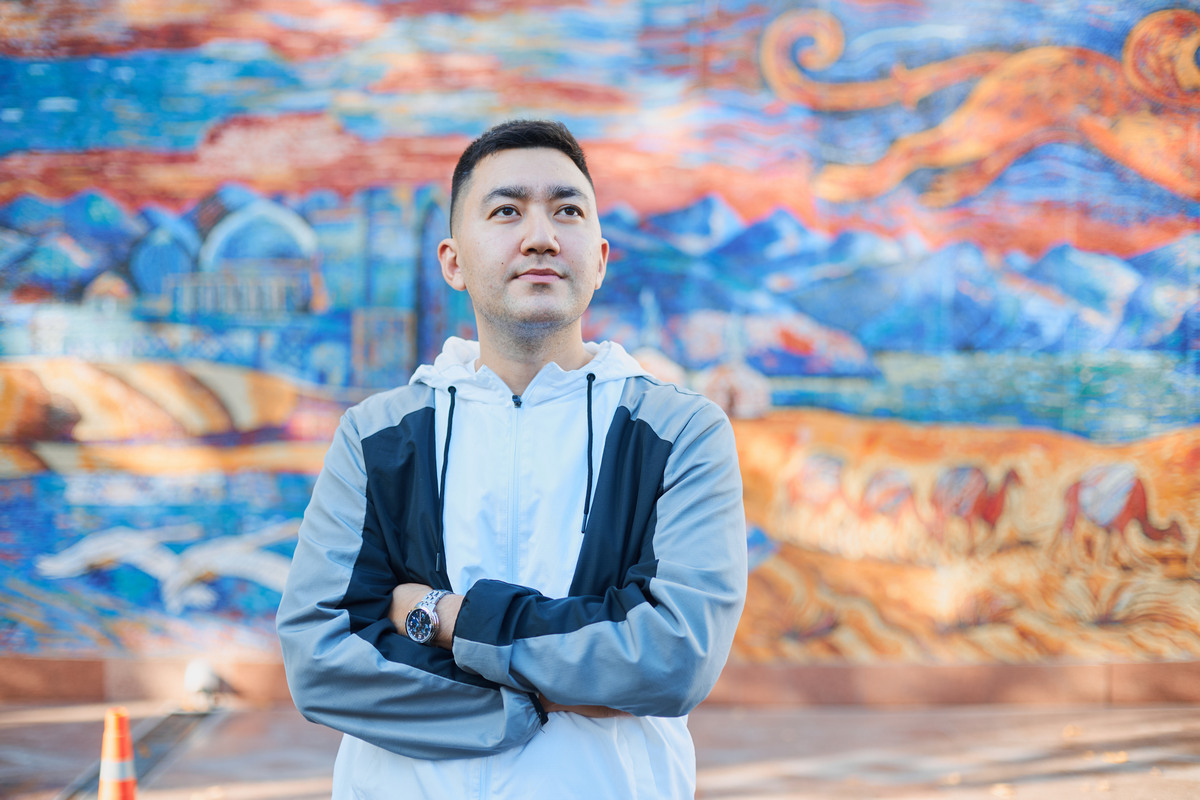
The university offered me training classes at no cost. I successfully persuaded the management that it would be beneficial, as I could generate additional traffic, some of which might convert into students for Almaty Management University.
My friends, initially volunteering, and I assumed the role of tutors. Enactus, which focuses on promoting student entrepreneurship, assisted in attracting students. We arranged for 40 master classes across various universities in Kazakhstan, where they guaranteed attendance. In these masterclasses, I shared my experience with Queex, and the others shared their cases.
Step by step, we progressed and achieved our first profit. Subsequently, we began conducting workshops and offsite seminars, expanding with branches in Astana and Shymkent. Soon, major companies such as Kaspi Bank and Air Astana became our clients, sending their employees for training. Overall, the business thrived successfully. During this period, we had 15 thousand students. However, in 2019, I made the decision to close Upgrade School.
– Why?
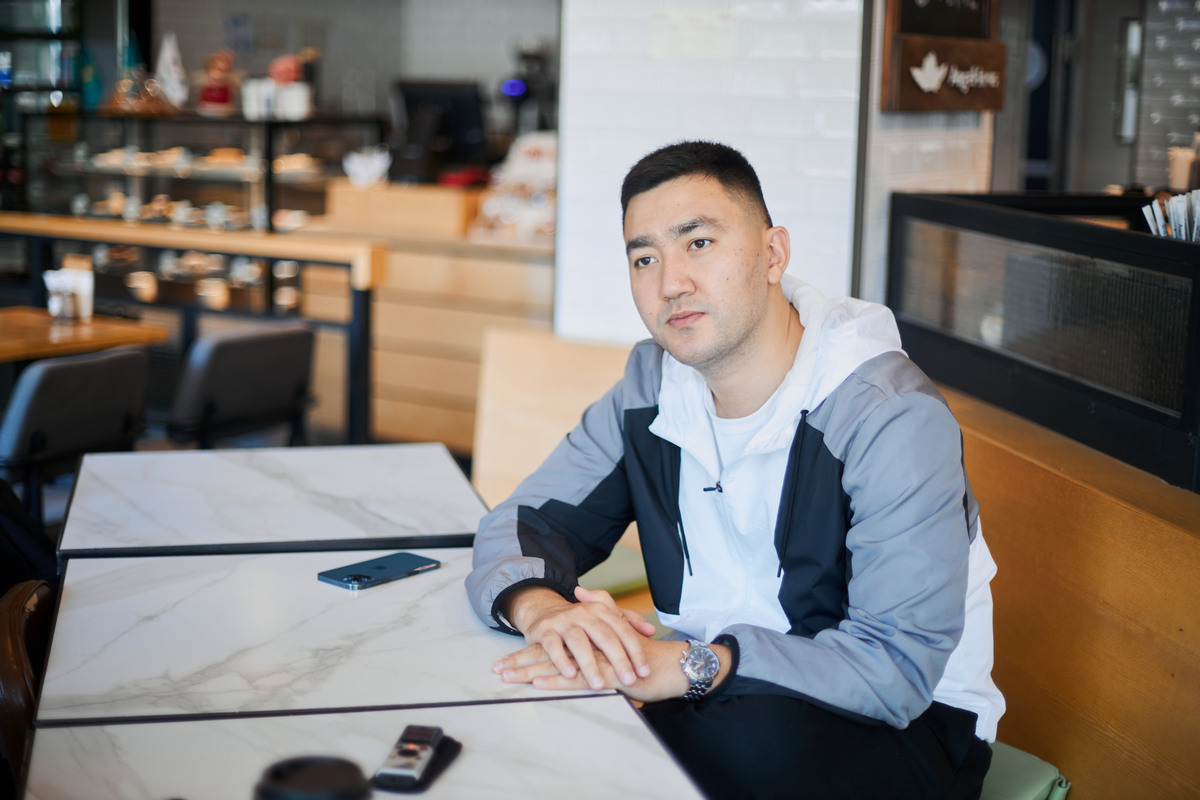
– I began to realize that I had not created a school but rather a training center named after me. Selling Ablay Yussupov was easy – many people attended. However, the same wasn't true for other tutors. Consequently, the workload on me became overwhelming. At times, within a year, I had 100 presentations in various parts of the country. It was truly exhausting.
“Our initial sale was a success, but the second one turned out to be disastrous”
– After the closure of Upgrade School, what activities did you pursue?
– I worked in consulting, but it wasn't a fulfilling experience. Interestingly, three clients I advised eventually became my directors, which was quite frustrating for me.
I began contemplating my next steps. It was at that moment I subscribed to Netflix. I was amazed by the unrestricted access to all movies and series. It felt like experiencing an all-inclusive for the first time. That's when I wondered – why hadn't anyone done the same with educational courses?
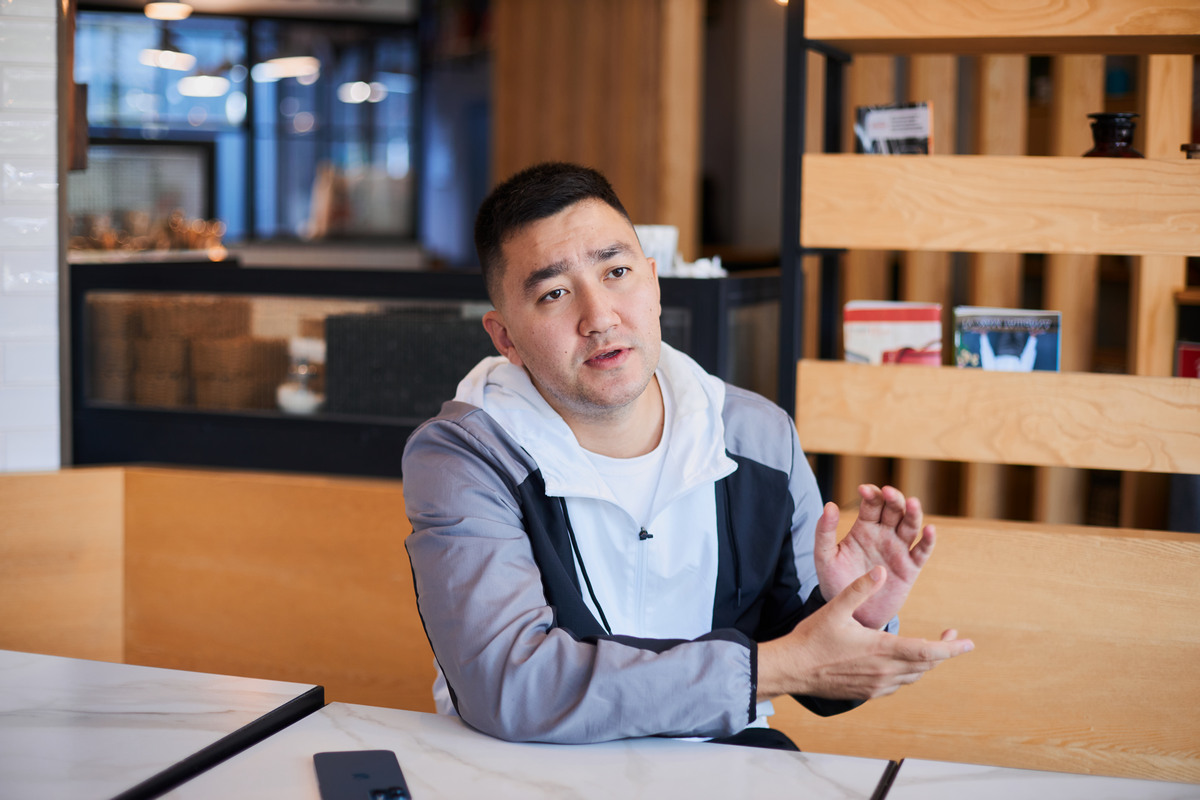
In October 2019, I made the decision to develop the platform. To fund this endeavor, I withdrew the money I had been saving to purchase an apartment, totaling approximately 8 million tenge. Collaborating with my colleagues, we recorded 10 courses on marketing and management, and in February 2020, I launched Upgrade Plus. The emergence of the coronavirus and subsequent lockdown led to a significant surge in sales. By April, I had recouped the invested funds.
– As I comprehend it, did the project not only succeed but also begin to generate substantial profits?
– Indeed. However, around one year later, I observed an unfavorable trend. While our initial sale was a success, the second sale turned out to be a disaster with a retention rate of only 3%. I struggled to comprehend how to address this issue. Over time, I began to realize that in the long-term perspective, Upgrade Plus might not achieve lasting success. There would likely be challenges in attracting clients as people would start sharing that they had purchased a subscription but didn't actively engage in learning. The reality is that individuals often don't have the habit of continuous learning, at best dedicating only a couple of weeks per year to it.
Upon analyzing the data, I observed a positive aspect. Companies that invested in subscriptions exhibited higher retention rates. These companies consistently sent their employees for training on a monthly basis. This realization led me to make a pivot, shifting the focus from B2C to B2B. And thus, Upgrade Business was born.
– How extensive were the transformations required for Upgrade Plus to become a more viable product?
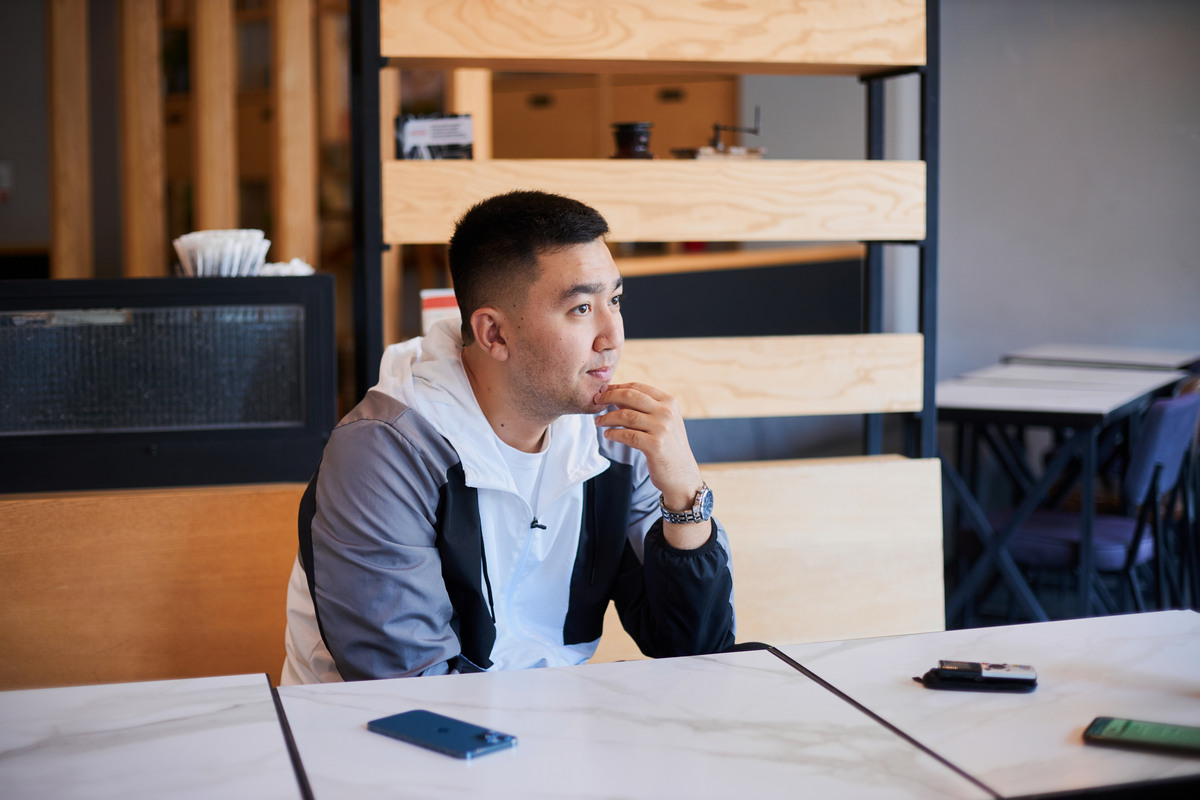
– The key change involved the introduction of the mobile application. We opted to consolidate all essential elements there, including video lessons, diverse texts, and useful files. This allows users to access everything within the application without the need to switch to other platforms, offering convenient navigation. For instance, tapping on the IELTS course provides immediate visibility of the expert, the number of lessons, their duration, and the entire program.
– What was the expenditure for enhancing the service?
– The development of the application incurred zero tenge in costs. I've cultivated a strong network, and I'm friends with many skilled individuals. Among them are developers who graciously agreed to assist me without charge. In return, I committed to offering marketing consultations if needed.
When it comes to content, recording 3-4 comprehensive courses typically involves an expenditure of approximately 150,000 - 200,000 tenge. The predominant portion of these expenses is attributed to production work.
Experts generously contribute their assistance without charge, thanks to the positive relationships we have cultivated. Our roster of experts includes renowned bloggers like Alisher Yelikbayev, individuals from Microsoft, inDrive, Choco, and other international and Kazakhstan-based companies. They are enthusiastic about sharing their experience and knowledge, readily applicable in practical scenarios.
“When discussing SMEs in Kazakhstan, there are relatively few companies showing interest in the development of their employees”
– Currently, who constitutes the primary clientele for Upgrade Business?
– SMEs are our main clientele. Larger companies typically seek customized courses tailored to their specific requirements, often having their own corporate universities. However, organizations with a workforce ranging from 100 to 500 employees find us to be an ideal solution. Additionally, we have recently started collaborating with freelancers who value skill upgrades in sales and promoting their services.
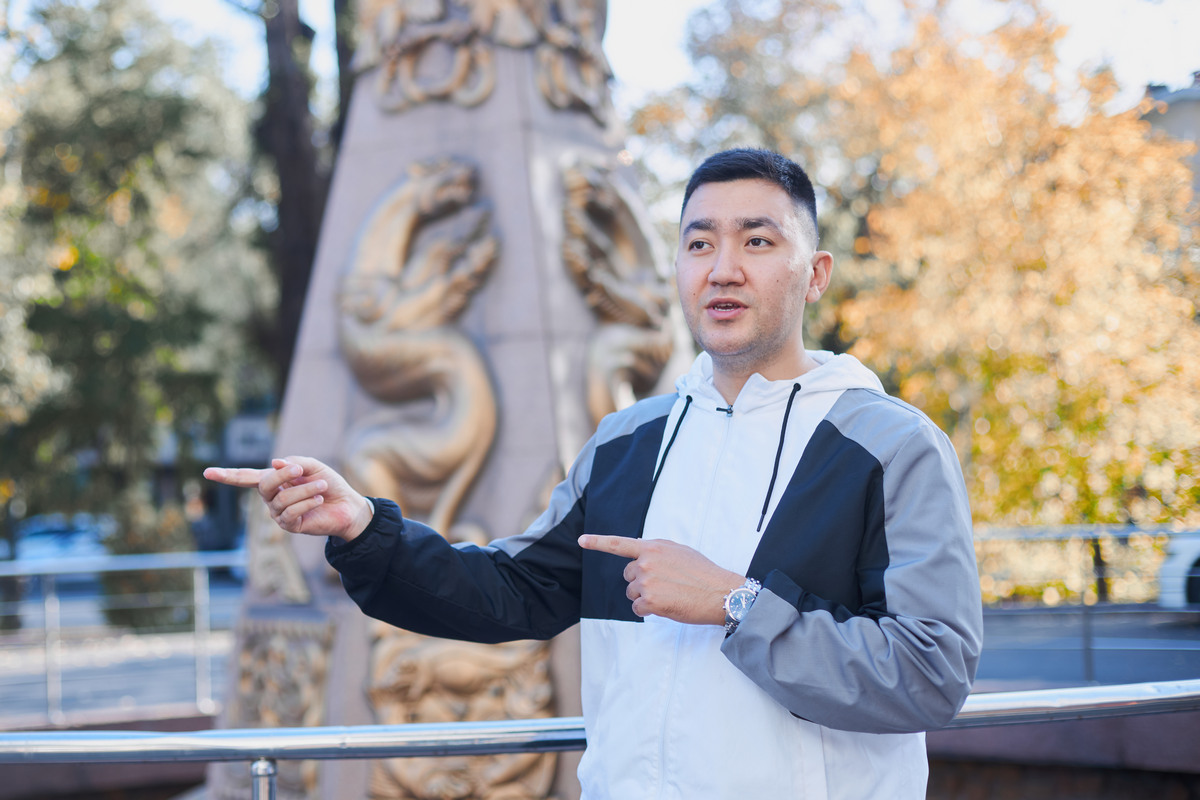
Currently, we have more than 700 paying clients, with over 200 representing SMEs. This diverse clientele includes touristic companies, advertising agencies, educational centers, and even a kindergarten. The remaining clients consist of freelancers.
We provide two subscription options: one for business and one for freelancers, each with monthly, quarterly, or yearly tariffs. The distinction lies in the fact that the freelance package is intended for individual use, while the business package can be utilized by up to 5 individuals. Moreover, the business package allows extension by paying for each additional employee.
– What if the management simply distributes the purchased course among the team?
– The application is equipped with protection. The system monitors for suspicious activity, and if detected, it automatically blocks the subscription.
For instance, if someone initiates a video lesson and attempts to create a screencast, the process is promptly halted and cannot be restarted. However, given that we are in the early stages, we are not overly stringent about it at the moment, as our primary goal is to increase awareness of our product. Furthermore, our users don't tend to abuse such loopholes.
– Could you enhance retention rates compared to Upgrade Plus?
– It is not clear at this point, as we have been in full operation for less than a year, and users predominantly opt for annual subscriptions. However, one issue has already become apparent.
When it comes to SMEs in Kazakhstan, a limited number of companies express interest in employee development. The majority of business owners, when presented with our product, often pose a common question: "Why should I invest in training when employees may resign sooner or later?" This observation underscores the presence of an underdeveloped corporate culture.
– Can this issue be resolved?
– We strive to convey to management that if an employee intends to leave, they will do so regardless. The subscription will persist, available for use by another employee. This not only enhances loyalty to the company but also contributes to fostering a positive employer image in the market. However, these considerations are localized in nature.
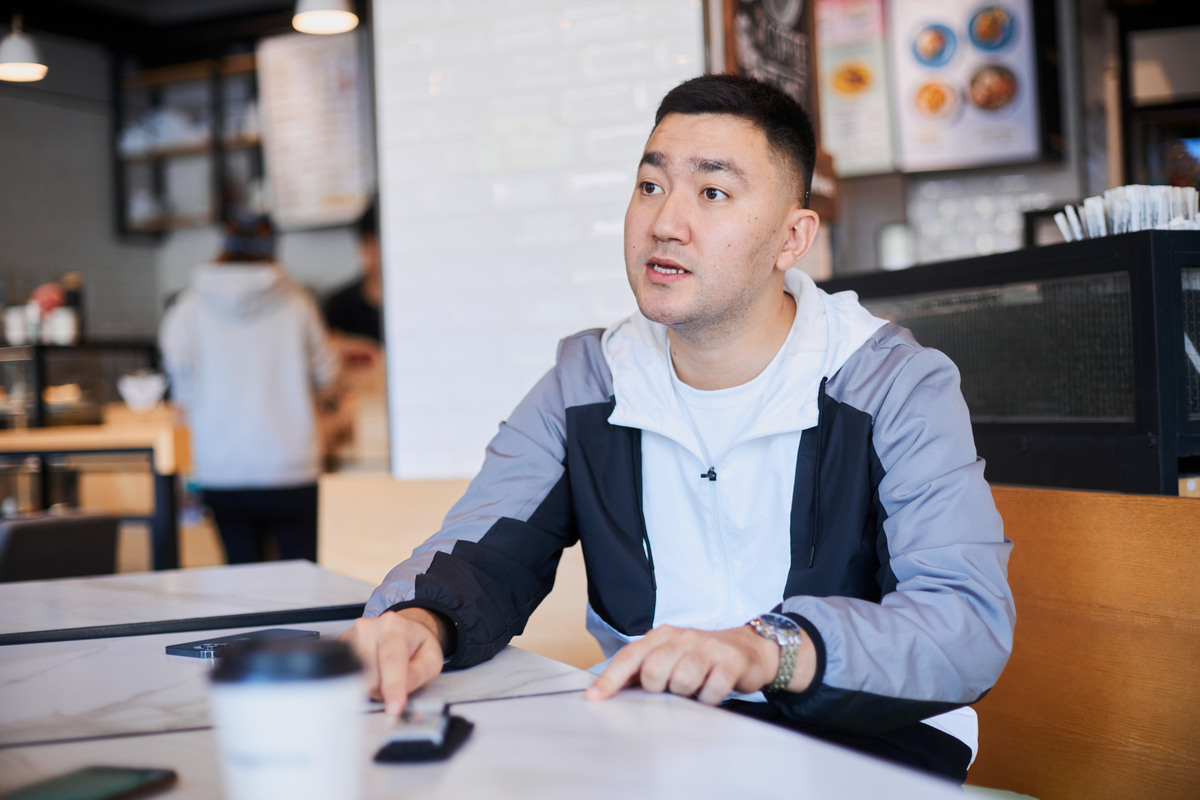
We also employ several strategies. The first involves organizing business events where we invite 3-4 distinguished experts who would be compelling speakers for everyone. Simultaneously, we showcase our platform and elaborate on its capabilities to potential clients. For instance, we highlight how it facilitates continuous development without disrupting work and demands minimal time. However, in such instances, we strongly emphasize the online format.
The second strategy involves creating content centered around personal and business development, including reels, podcasts, and extensive interviews that aim to reshape people's thinking. However, this is a lengthy process that necessitates at least 1-2 years.
The third strategy involves a potential pivot. We are considering the creation of a service similar to Trello, where courses would be offered as a bonus.
– Have you achieved profitability yet?
– Yes, considering our costs, we are profitable. The average receipt from one client ranges from 300,000 to 350,000 tenge. While it may not be a significant amount, it's crucial to note that we are the only provider in Kazakhstan, and possibly across the entire Central Asia, offering B2B education in the EdTech format.
Selling the solution continues to be challenging due to the issues I mentioned earlier. Occasionally, I find myself contemplating the idea of creating a marketplace and selling individual courses, considering the existing demand. However, I quickly pose a question to myself: "What would be our competitive advantage in that scenario?"
We focus on enhancing qualifications rather than starting from scratch. We can be likened to vitamins that strengthen the organism without curing diseases. This approach allows us to complement various major players in the market rather than directly compete with them. Therefore, I have no plans to alter the concept.
“My dream is to establish my own kindergarten, school, college, and university”
– How feasible is it to expand such a product, for instance, in Kyrgyzstan and Uzbekistan?
– I don't perceive any difficulties. Typically, trends in marketing, sales, and management first emerge in Almaty and then spread across Central Asia. Hence, attracting clients from Bishkek or Tashkent should not pose a challenge if we adapt our sales model accordingly. Language additions may be necessary, but overall, the markets and patterns in those regions are similar to Kazakhstan.
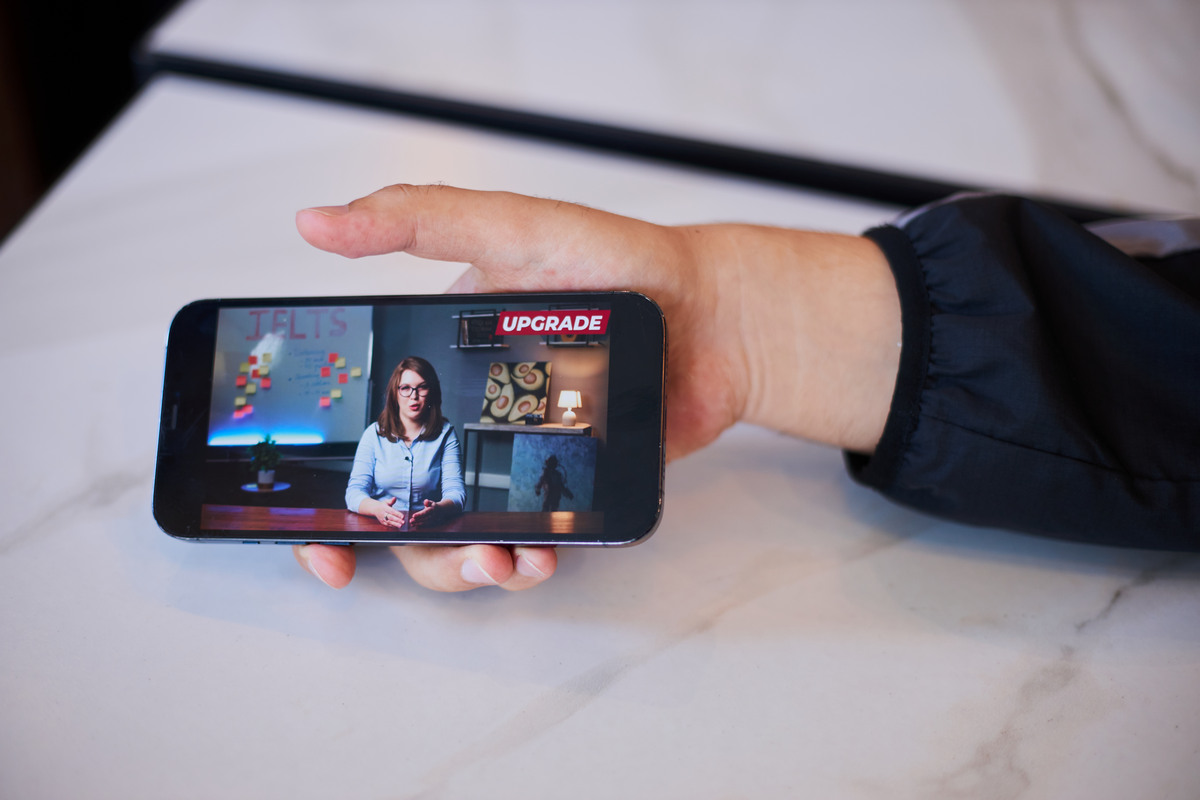
– And what about other regions, like Caucasus, South East Asia, Europe?
– We are contemplating expansion into these regions. We excel at creating courses, and regarding Europe, we could collaborate with Kazakhstan individuals residing in London or Paris, working in international companies, to prepare courses for us. The plan would involve renting a large apartment or house, bringing our production, recording 60 courses in English and French over a couple of months, and subsequently launching them in the application.
However, sales remain a hurdle for us. Therefore, these are currently just considerations. Once we address this challenge, we can then contemplate scaling.
– Could seeking investment be a viable option to expedite the process?
– I currently don't find much sense in it. I wish to navigate this journey independently and shape the product development without the influence of investors.
Our main objective is to enhance education. I come from the small town of Ekibastuz, where I didn't have abundant opportunities or wealthy parents. Nevertheless, my mom and dad consistently invested in my education. I firmly believe that the key to addressing issues like crime and poverty lies in education and holistic development. My aim is to make it accessible.
In the future, I might decide to close the IT startup. My aspiration is to establish my own kindergarten, school, college, and university, creating a network of all educational institutions.
